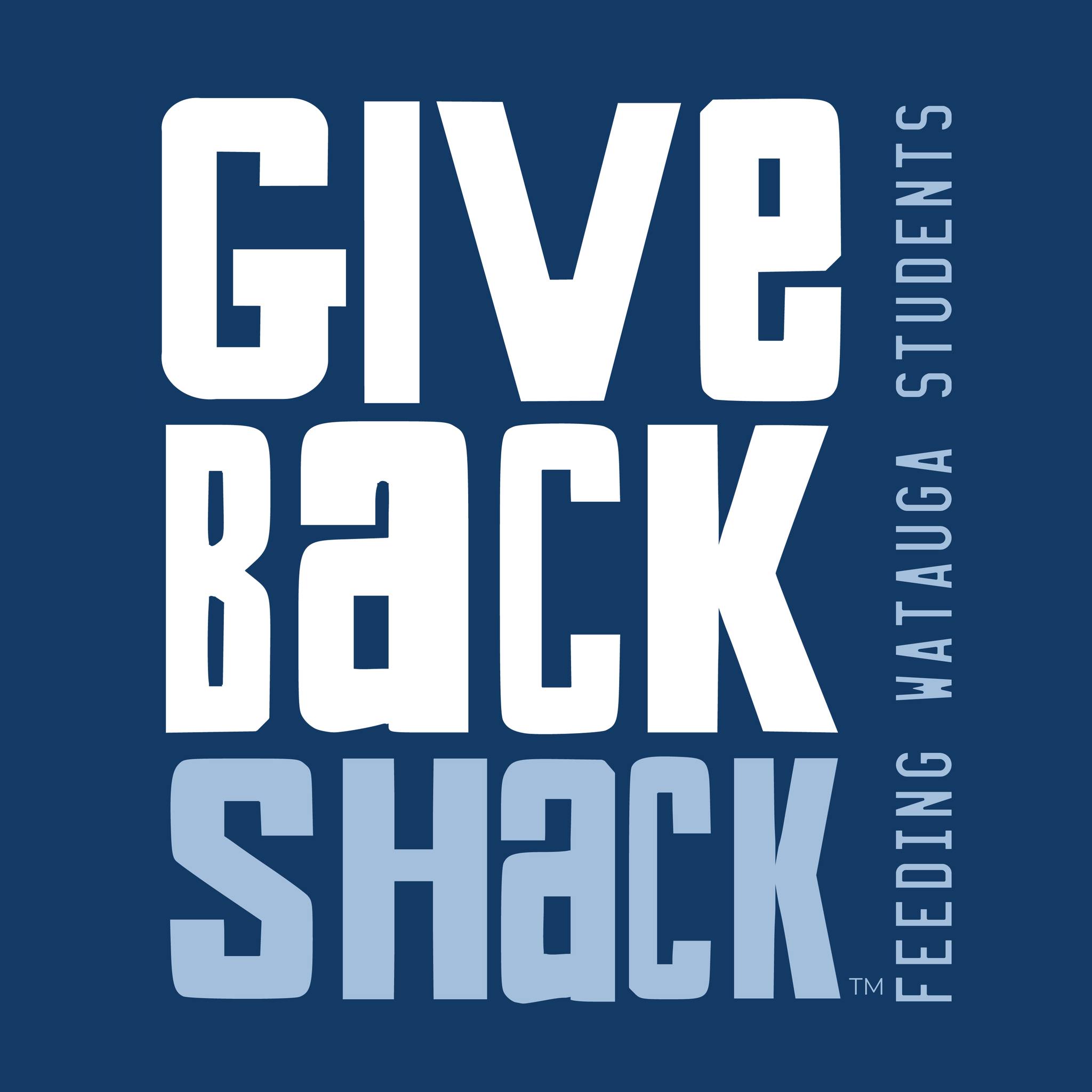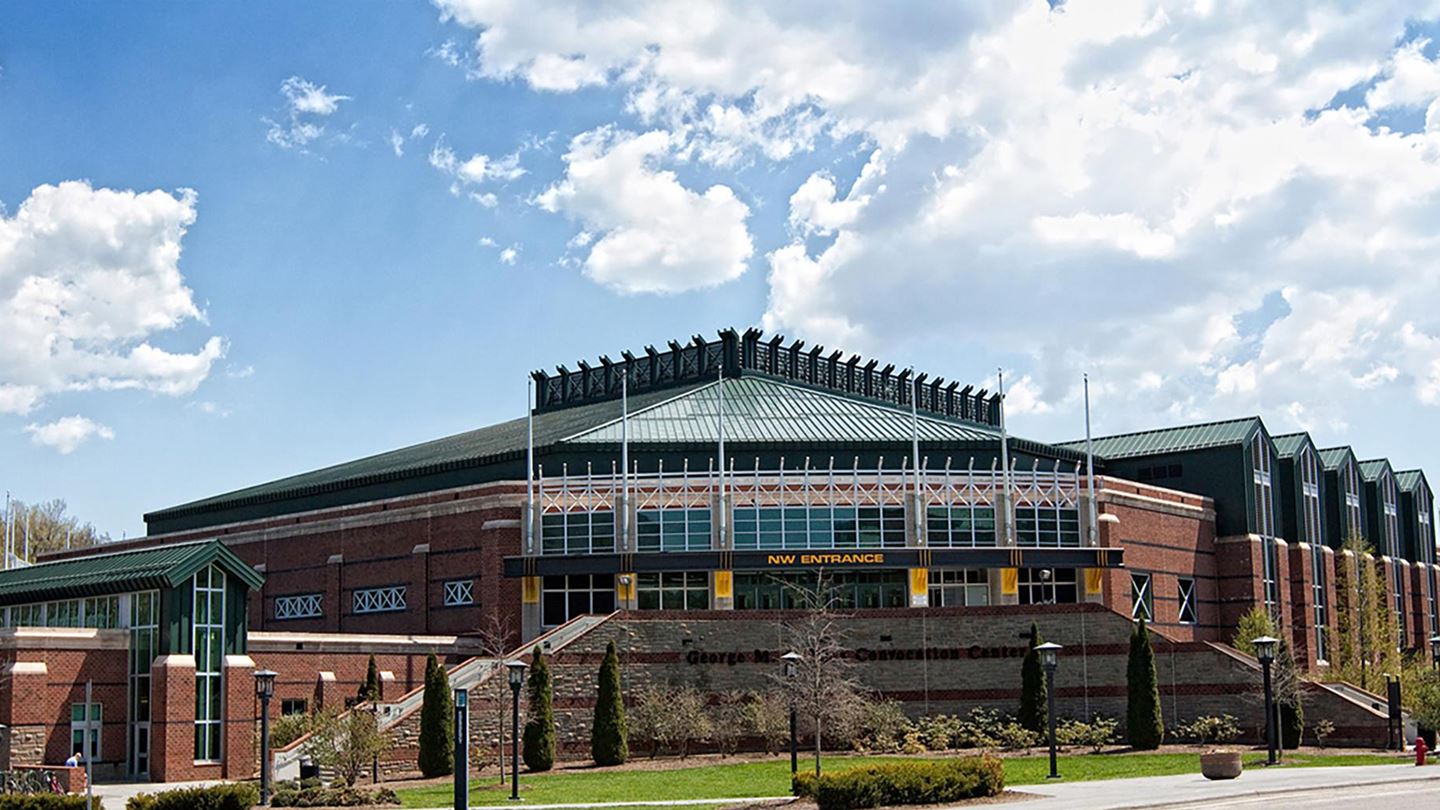Last Updated on February 12, 2022 6:44 pm
By Jennifer Woodward – BOONE, N.C. — What do banana metabolites and ibuprofen have in common? In a new study completed by Appalachian State University’s Human Performance Laboratory and published March 22 in the scientific journal PLOS ONE, both were found to inhibit COX-2 mRNA expression.
The study, “Metabolic recovery from heavy exertion following banana compared to sugar beverage or water only ingestion: A randomized, crossover trial,” contrasted banana ingestion during exercise to water alone or a six percent sugar beverage, which is similar to a sports drink.
The study showed that banana carbohydrates work equally to a sports drink to fuel athletes and help them with recovery. New metabolic findings revealed that banana metabolites potentially mimic how ibuprofen works to reduce pain and swelling, and how they help the immune system function effectively during a metabolically stressful time such as intense exercise.
“Ibuprofen is the number one drug taken by athletes to combat inflammation,” said study author Dr. David Nieman, director of the Appalachian State University’s Human Performance Laboratory on the North Carolina Research Campus (NCRC) and professor of health and exercise science in the Beaver College of Health Sciences.

“Research shows that it can cause intestinal cell damage and, in some studies, was found to increase inflammation in athletes. Now, athletes know there is a natural alternative — bananas and water.”
About the study
Twenty male and female cyclists completed four 75-km time trials after an overnight fast ingesting Cavendish and mini yellow bananas that have similar carbohydrate but different phenolic content. They also ingested a six percent sugar beverage and water only. Each cyclist had a two-week washout period between cycling trials.
Study findings
There were two key results found after the Cavendish or mini yellow bananas were ingested. First, there was a significant increase in at least 18 banana-derived metabolites, including serotonin and dopamine byproducts. The appearance of the metabolites coincided with a reduction in COX-2 mRNA expression, which normally increases with exercise. A reduction in COX-2 mRNA expression usually results in less inflammation and reduced swelling and the perception of pain.
Secondly, the presence of banana antioxidants kept immune cells operating optimally, preventing them from switching to less efficient energy production methods. Intense exercise often depresses immune function due to physiological stress.
The study did confirm that carbohydrate ingestion, whether from the bananas or a six percent sugar beverage, supported endurance performance by fueling athletes effectively while contributing to a faster recovery by reducing markers of post-exercise inflammation.
“Consuming bananas with water during exercise has several advantages for athletes and fitness enthusiasts,” Neiman commented, “above those linked to regular sports drinks, including a stronger anti-inflammatory effect, better nutrition and improved metabolic recovery. Within an exercise context, banana metabolites that increase in the blood following ingestion have a similar effect to aspirin or ibuprofen that inhibits COX-2 activity. This makes bananas close to the perfect athletic food.”
Study co-authors include scientists from the Dole Nutrition Institute, North Carolina State Plants for Human Health Institute and University of North Carolina at Charlotte Bioinformatics Services Division, all of which are located on the NCRC.



















